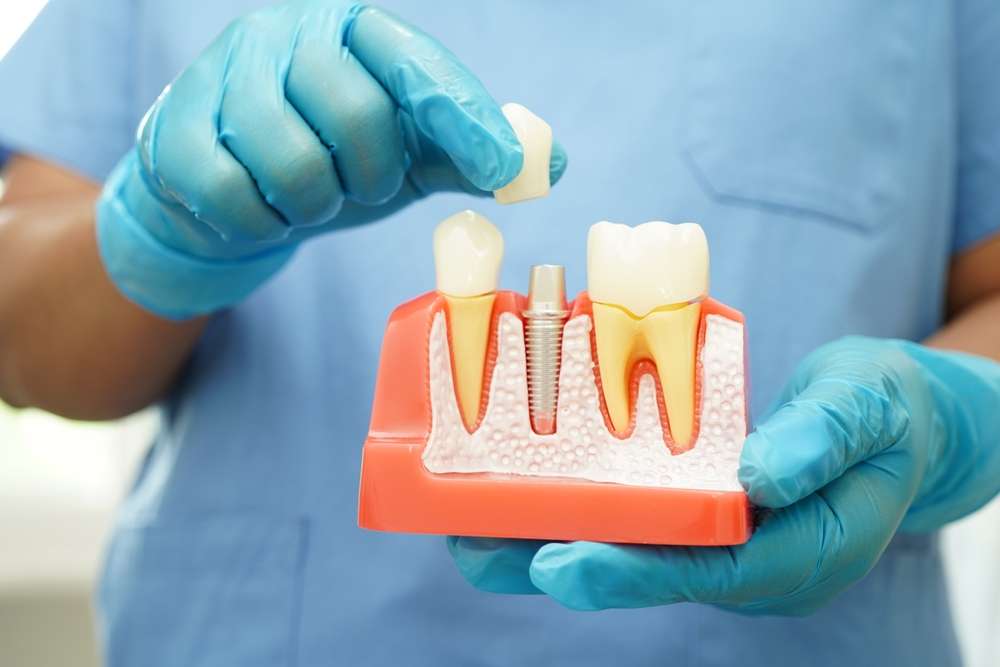Why Dental Implant Trials Are Gaining Interest: A Closer Look at What You Should Know
Dental implant trials are more than just research—they’re a glimpse into the future of oral care. Learn how these studies are structured, who typically qualifies, and what participating in this important step toward dental innovation really involves.

What are dental implant clinical trials?
Dental implant clinical trials are research studies designed to evaluate new implant technologies, materials, or techniques. These trials aim to improve upon existing dental implant procedures, making them more effective, less invasive, or more affordable. Researchers carefully monitor participants throughout the study to assess the safety and efficacy of the experimental implants or methods being tested.
Why is there growing interest in dental implant trials?
The increasing interest in dental implant trials stems from several factors. Firstly, as the global population ages, there’s a growing demand for advanced tooth replacement options. Additionally, technological advancements in materials science and 3D printing have opened up new possibilities for implant design. Patients are also becoming more proactive about their oral health, seeking innovative solutions that offer better long-term outcomes and improved quality of life.
Who qualifies for clinical trials of dental implants?
Eligibility criteria for dental implant trials can vary depending on the specific study. However, some common requirements include:
-
Age: Most trials focus on adults, typically 18 years or older.
-
Overall health: Participants should be in good general health without conditions that could interfere with healing.
-
Oral health: Some level of tooth loss or the need for tooth replacement is usually required.
-
Commitment: Willingness to follow study protocols and attend follow-up appointments.
It’s important to note that each trial may have additional specific criteria, such as the absence of certain medical conditions or medications that could affect outcomes.
How do dental implant trials work?
Dental implant trials follow a structured process to ensure scientific rigor and participant safety:
-
Screening: Potential participants undergo initial assessments to determine eligibility.
-
Informed consent: Eligible candidates are thoroughly informed about the study’s details, risks, and benefits before agreeing to participate.
-
Baseline evaluation: Researchers document the participant’s current oral health status.
-
Implant procedure: The experimental implant or technique is applied.
-
Follow-up visits: Regular check-ups are conducted to monitor progress and collect data.
-
Data analysis: Researchers evaluate the collected information to draw conclusions about the implant’s effectiveness.
Throughout the trial, participants receive close monitoring and care from dental professionals, ensuring their safety and well-being.
What are the benefits of volunteering in dental studies?
Participating in dental implant clinical trials offers several advantages:
-
Access to cutting-edge treatments: Volunteers may receive innovative implants or procedures not yet available to the general public.
-
Comprehensive dental care: Participants often receive thorough oral health evaluations and ongoing care throughout the study.
-
Contribution to scientific advancement: Volunteers play a crucial role in improving dental implant technology for future patients.
-
Potential cost savings: Some studies may offer the experimental treatment at reduced or no cost to participants.
-
Close monitoring: Regular check-ups and access to dental professionals throughout the study period.
What should you consider before joining a dental implant trial?
Before volunteering for a dental implant clinical trial, consider the following factors:
-
Time commitment: Trials often require multiple visits over an extended period.
-
Potential risks: While minimized, experimental procedures may carry unforeseen risks.
-
Follow-up care: Understand the extent of post-trial care provided.
-
Insurance coverage: Check if your insurance will cover any complications or additional treatments needed.
-
Alternative options: Compare the trial to standard dental implant procedures available to you.
| Trial Aspect | Description | Consideration |
|---|---|---|
| Duration | Varies (typically 6 months to 2 years) | Time commitment |
| Follow-up Visits | Regular check-ups (frequency varies) | Availability for appointments |
| Potential Benefits | Access to new technology, comprehensive care | Weigh against standard treatments |
| Possible Risks | Implant failure, complications | Discuss thoroughly with researchers |
| Cost | Often reduced or free for participants | Understand any out-of-pocket expenses |
Prices, rates, or cost estimates mentioned in this article are based on the latest available information but may change over time. Independent research is advised before making financial decisions.
In conclusion, dental implant clinical trials represent an exciting frontier in oral health research. They offer participants the chance to access innovative treatments while contributing to the advancement of dental science. However, it’s crucial to carefully consider the commitment required and potential risks involved before volunteering. By understanding the process and asking the right questions, interested individuals can make informed decisions about participating in these groundbreaking studies.
This article is for informational purposes only and should not be considered medical advice. Please consult a qualified healthcare professional for personalized guidance and treatment.




